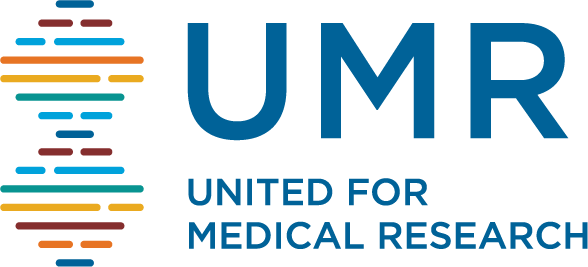Are children really spared the worst effects of COVID-19? What’s the likelihood that an expectant or new mother will pass SARS-CoV-2—or antibodies that protect against it—to her fetus through the placenta or to her infant through breastfeeding? Are COVID-19 vaccines as safe and effective for children as they are for adults? What about vaccination during pregnancy or breastfeeding?
Now that vaccines, along with mask wearing, physical distancing, and other precautions, are slashing the number of older adults in the U.S. who are hospitalized with or die from COVID-19, physicians and scientists are peering deeper into how SARS-CoV-2 infection and prevention affect special populations—including pregnant women, infants, and children.
